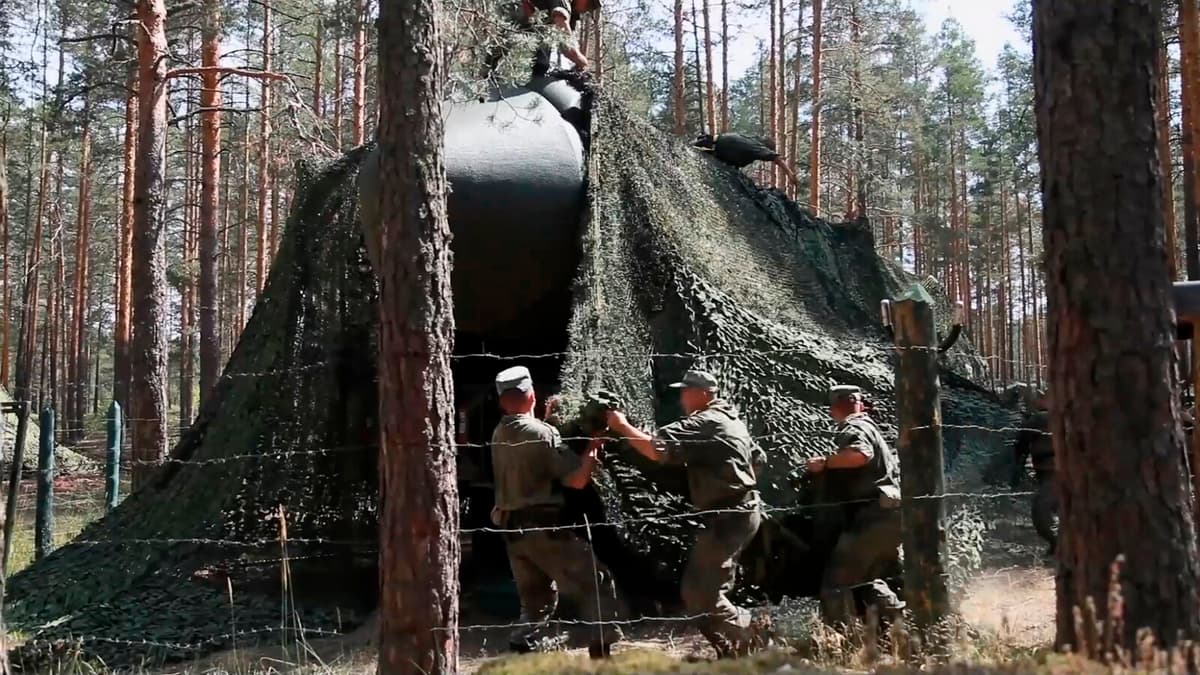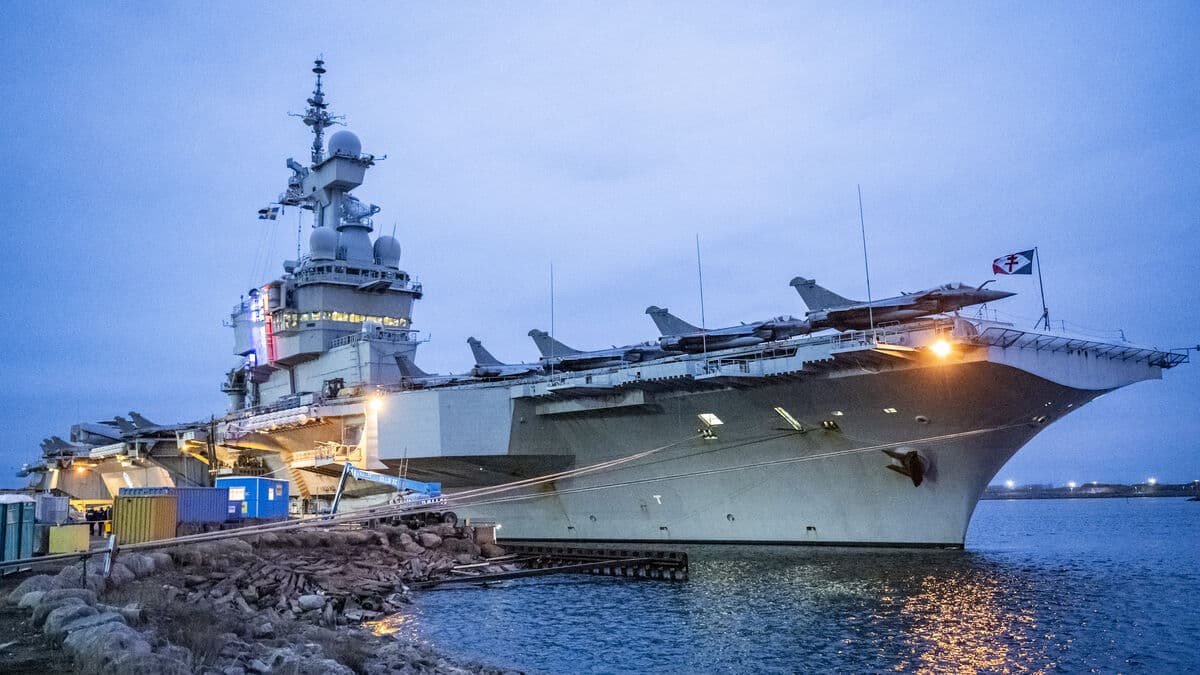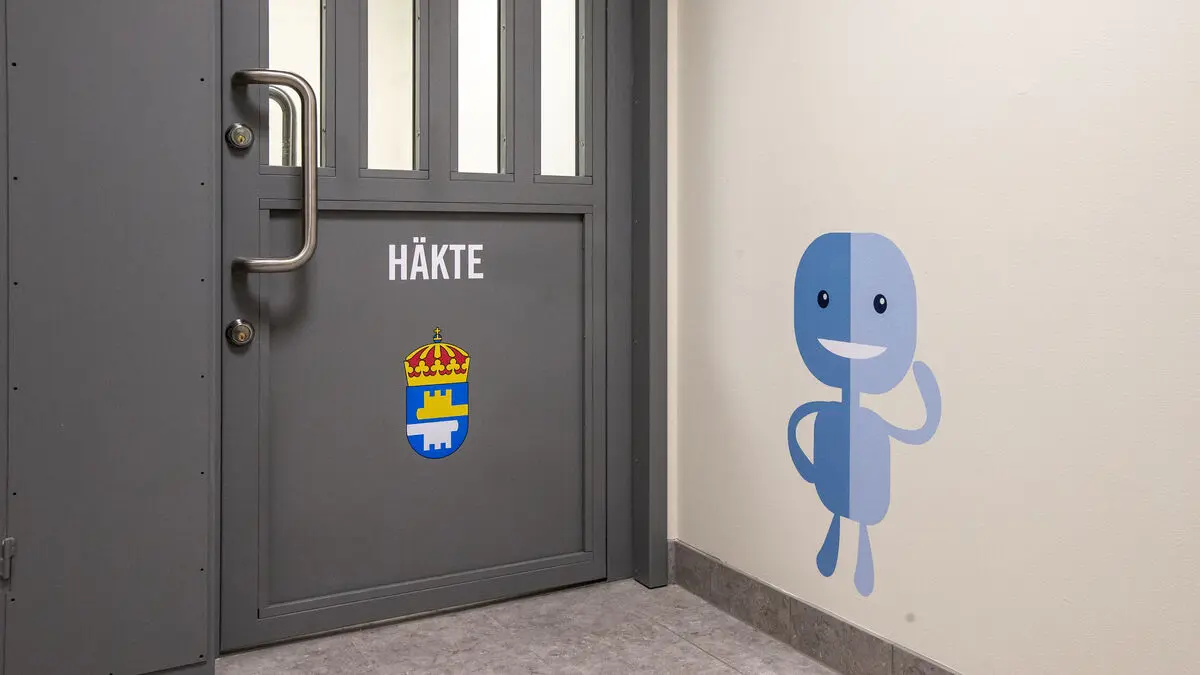The nine states in possession of nuclear weapons have continued to modernize their arsenals at a rapid pace, according to the Stockholm International Peace Research Institute (Sipri).
Old warheads have been dismantled and phased out for a long time, and the arsenals have gradually shrunk, but now space is being made for reinforcements. It is likely that even more nuclear weapons will be deployed in the coming years, according to the authors of the report.
“The period of reduced nuclear weapons in the world that has been ongoing since the end of the Cold War is coming to an end,” says Sipri-affiliated researcher Hans M Kristensen in a press release.
Concerns about AI decisions
Last year, the nuclear powers' expenditures on the issue increased, according to a report from the Nobel Peace Prize-winning collective organization Ican, which works to ban nuclear weapons. The total expenditures increased by over 10 percent last year and have risen by nearly 50 percent over the past five years.
The USA and Russia together have the absolute majority of all nuclear weapons. In February next year, the bilateral disarmament agreement New Start will expire, and Sipri's analysts believe that an upgrade will start then. China is also upgrading at an increasing rate and could catch up with these two within a decade.
In addition, Sipri notes that nuclear powers have begun to use AI and quantum technology to make decisions as quickly as possible to drop an atomic bomb in a crisis situation. They then see a greater risk of disastrous misunderstandings or technical problems causing large-scale wars.
More can receive
More countries may want to have nuclear weapons, or more may want to host other countries' atomic bombs. Belarus, for example, has allowed Russia to place nuclear weapons there. France has opened up to letting more European neighbors take shelter under a French nuclear umbrella. Other NATO countries have opened up to hosting American nuclear weapons.
In the countries that already host another country's nuclear weapons, a large part of the information about this is kept hidden from citizens and lawmakers, Ican warns.
Several nuclear powers are directly or indirectly involved in raging wars. Earlier this year, the conflict in the disputed Kashmir flared up again.
“As the recent hostilities between India and Pakistan clearly show, nuclear weapons do not prevent conflicts,” says Sipri-affiliated researcher Matt Korda in the organization's press release. Nuclear weapons rather mean a risk of escalation and mistakes that make the inhabitants of the countries less safe, he adds.
The world's nuclear powers have a total of 12,241 warheads in readiness or in storage, according to Sipri's compilation of data up to and including January this year.
3,912 of them have been deployed, which means they have been placed on missiles, on aircraft or on bases with operational military forces.
USA: a total of 5,177 warheads, of which 1,770 have been deployed.
Russia: 5,459, of which 1,718 have been deployed.
France: 290, of which 280 have been deployed.
UK: 225, of which 120 have been deployed.
China: 600, of which 24 have been deployed.
India: 180 (none have been deployed).
Pakistan: 170 (-"-).
Israel: 90 (-"-).
North Korea: 50 (-"-).
Länder som så vitt känt hyser andra makters kärnvapen: Belgien, Belarus, Italien, Nederländerna, Turkiet och Tyskland.






